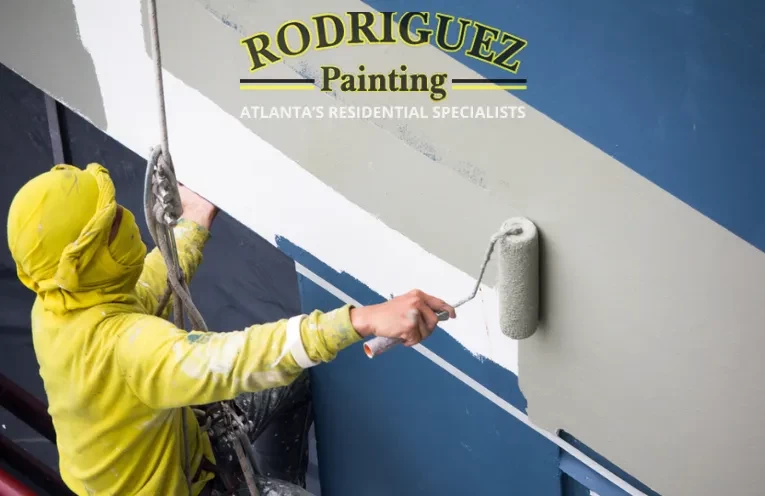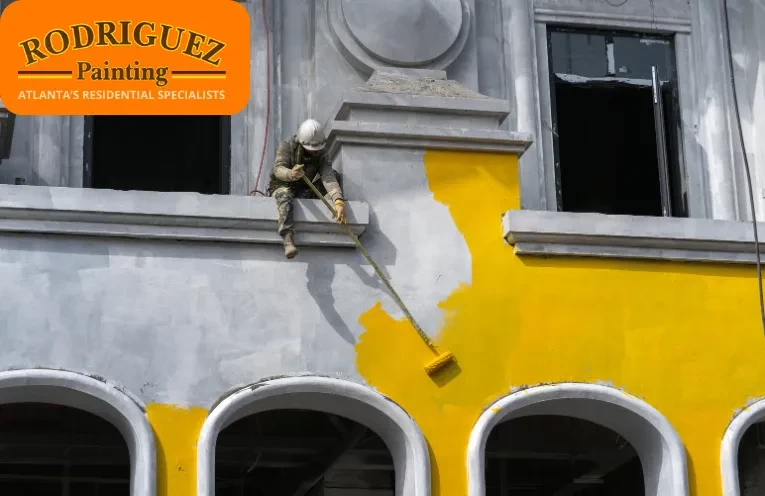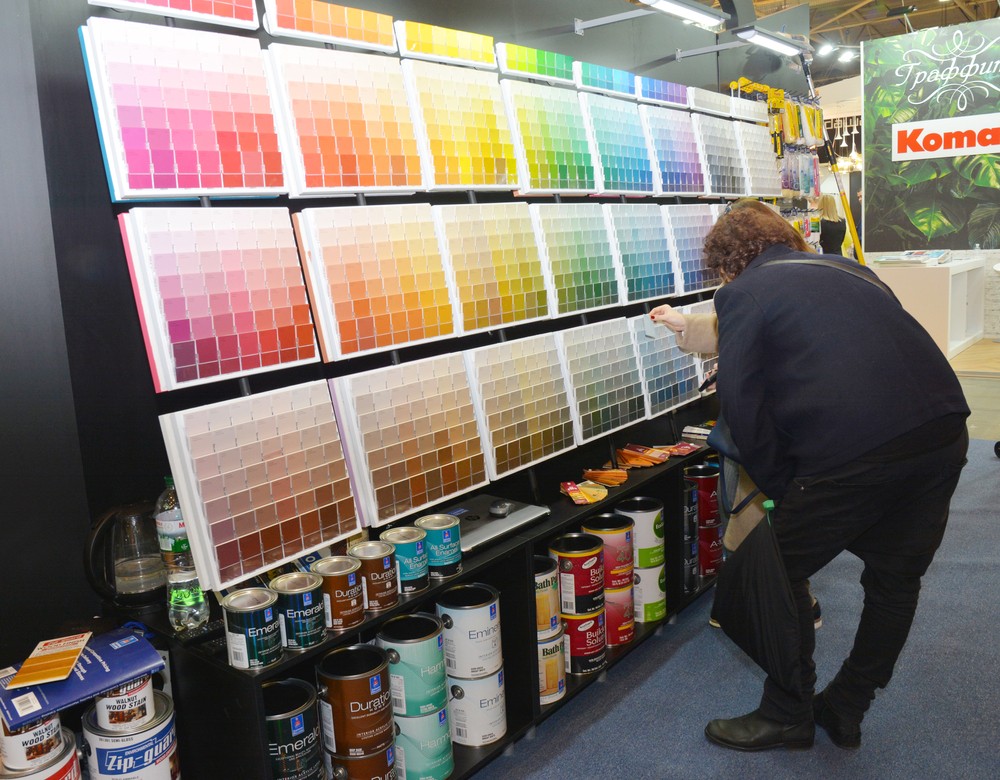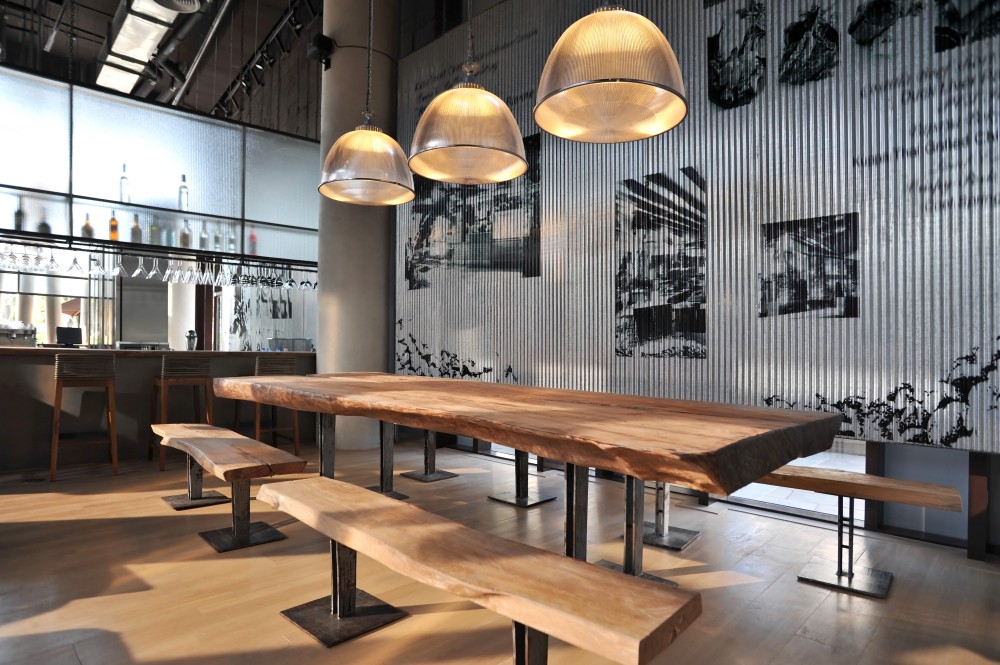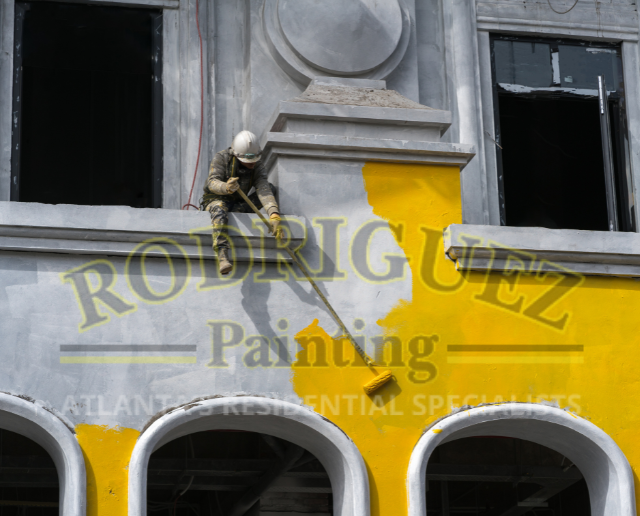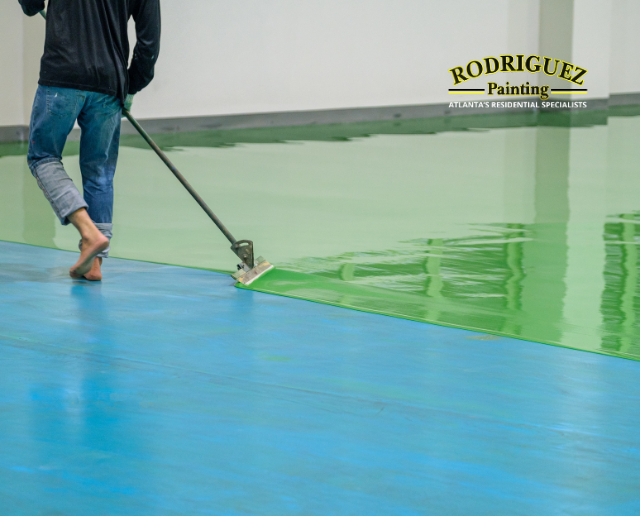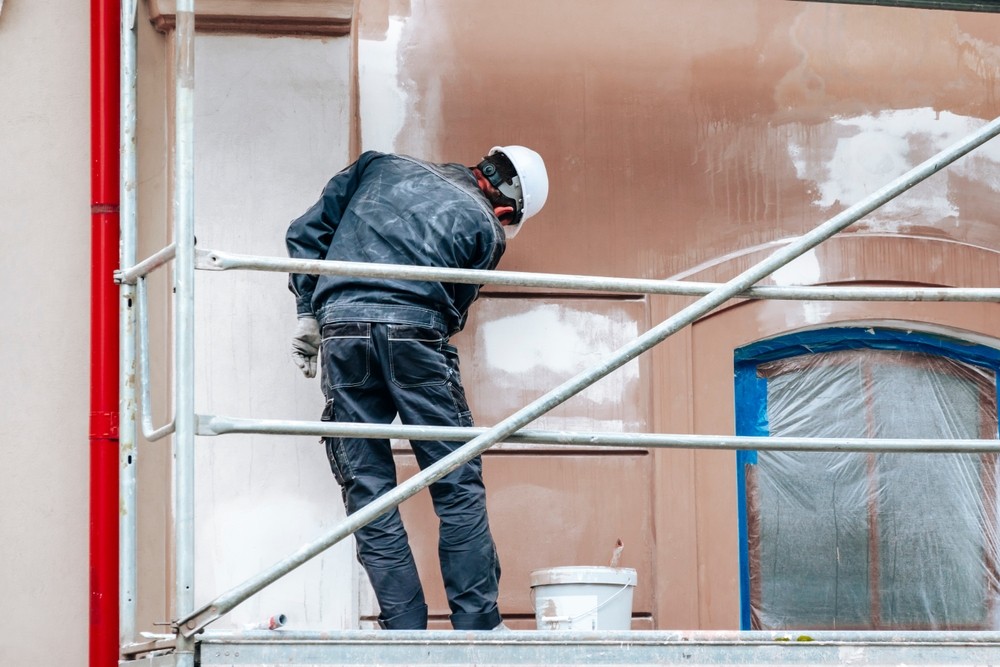
This article is inspired by the rich discussions and insights shared on r/AussiePainters. It delves into the nuances of commercial painting techniques, both exterior and interior, and provides guidance on selecting skilled painters and premium paint choices. Whether you're a novice or a seasoned professional, this article aims to elevate your understanding and execution of commercial painting projects.
1. Melding Exterior and Interior Artistry
Commercial painting is an intricate blend of exterior and interior techniques. For exterior painting, thorough preparation is essential to ensure the paint withstands weather elements. Interior painting, on the other hand, requires a delicate touch to create a welcoming and aesthetically pleasing environment. This is where the expertise of local professional painters, like those in Sydney, becomes invaluable. They understand these distinct requirements and apply their skills accordingly to produce impeccable results.
2. Palette of Painting Methods
Understanding the variety of painting techniques is crucial. Traditional methods, such as using brushes and rollers, offer classic elegance. Meanwhile, modern techniques like spray painting provide a contemporary finish and can be more efficient for large-scale projects. Commercial painting experts possess the knowledge to choose the right method for your specific needs, ensuring a flawless finish for your commercial property.
3. Harmonizing Hues through Consultation
Selecting the right color palette is a critical aspect of commercial painting. Working with painters and color consultants can help you choose hues that align with your brand identity, complement the architectural style, and fit the surrounding environment. These professionals can guide you in making decisions that enhance the overall appeal and atmosphere of your commercial space.
4. The Verdict on Pristine Paint and Apparatus
The quality of paint and equipment used in a commercial painting project cannot be overstated. High-quality paints not only improve the look of a building but also provide long-lasting protection against wear and tear. Experienced painting contractors advocate for the use of premium materials, ensuring that the final outcome is both beautiful and durable.
5. A Comparative Stance: Commercial vs. Residential Painters
It's important to understand the differences between commercial and residential painting. Commercial painting projects often involve larger scales and more complex requirements. Engaging painters who specialize in commercial projects means tapping into their expertise in handling large-scale operations and intricate details, ensuring that the painting work aligns perfectly with the unique characteristics of your commercial building.
6. The Heft of Proficiency and Weathered Experience
The value of experience in a painting contractor cannot be understated. Contractors with a wealth of experience bring a deep understanding of different surfaces, paint types, and application techniques. This expertise enables them to tackle even the most challenging projects with confidence and skill.
7. Pinnacles of Excellence sans Overt Propagation
True excellence in painting services is about more than just promotion; it's about providing enlightening and quality service. Seasoned professionals are committed to delivering outstanding results, whether the project involves interior detail work or large-scale exterior painting. Their focus is on excellence and client satisfaction, rather than self-promotion.
Becoming a Professional Painter
Whether you are considering a career shift into painting or looking to enhance your skills in this field, the following tips and experiences shared by members of this forum can serve as a guiding light. Embarking on a commercial building painting project requires the finesse and skill of experienced professionals. From choosing the right painting techniques and colors to using high-quality materials, every aspect of the project is crucial. By engaging skilled painters and focusing on quality, your commercial painting project can transform your building into an aesthetically pleasing and enduring masterpiece.
1. Balancing Work and Learning
For those users, who are contemplating a transition from a related field, such as working at a paint retail store, to becoming a professional painter, it's important to consider how to balance your current job with gaining practical painting experience. Many painters start by working on projects during weekends, as this allows them to build skills while maintaining a steady income. It's vital to communicate with contractors you know and discuss your availability, as weekend projects are not uncommon in this industry.
2. Expectations for Your First Day
As a beginner, your first day on the job will likely involve more preparation work than actual painting. This may include tasks like taping, laying tarp, and other prep work. Understanding materials is a great start, but successful painting relies heavily on effective prep work. This initial phase is crucial as it sets the foundation for a quality finish and provides an opportunity to observe and learn from more experienced painters.
3. The Value of Apprenticeship
Entering the painting industry often involves a period of apprenticeship, where you learn the ropes from experienced professionals. This can be a period of significant learning, as highlighted by Ryckk. Starting with less skilled tasks like moving drop cloths and running a masker is typical. Over time, with hard work and dedication, you can progress to more complex tasks and eventually, lead your own projects.
4. Exploring Training and Certification
For those seeking formal training, 626red626 recommends checking out opportunities at local painters' unions. These organizations often offer apprenticeship programs that include schooling, leading to certifications like a Journeyman Ticket or Red Seal. Such certifications can enhance your credibility and open up better job opportunities.
5. Starting with a Painting Contractor
Working with a small painting contractor, as suggested by Imapainter1956, can be an excellent way to start. In such settings, you're likely to begin with basic tasks like patching, sanding, and learning to use a brush and roller on less visible areas. This hands-on experience is invaluable and allows you to build a solid foundation in painting fundamentals.
6. Learning from Different Sources
As highlighted in the subreddit, the information and techniques in painting can vary significantly. It's essential to approach this as a learning journey where you continuously acquire new skills and knowledge. Be open to different methods and always be willing to adapt and learn.
7. Embracing Hard Work and Adaptability
Painting is physically demanding, and adapting to this labor-intensive work is crucial. As you gain more experience, your understanding of the trade will deepen, and your ability to handle more complex tasks will increase. Maintaining a strong work ethic and being willing to learn and adapt are key to success in this field.



















